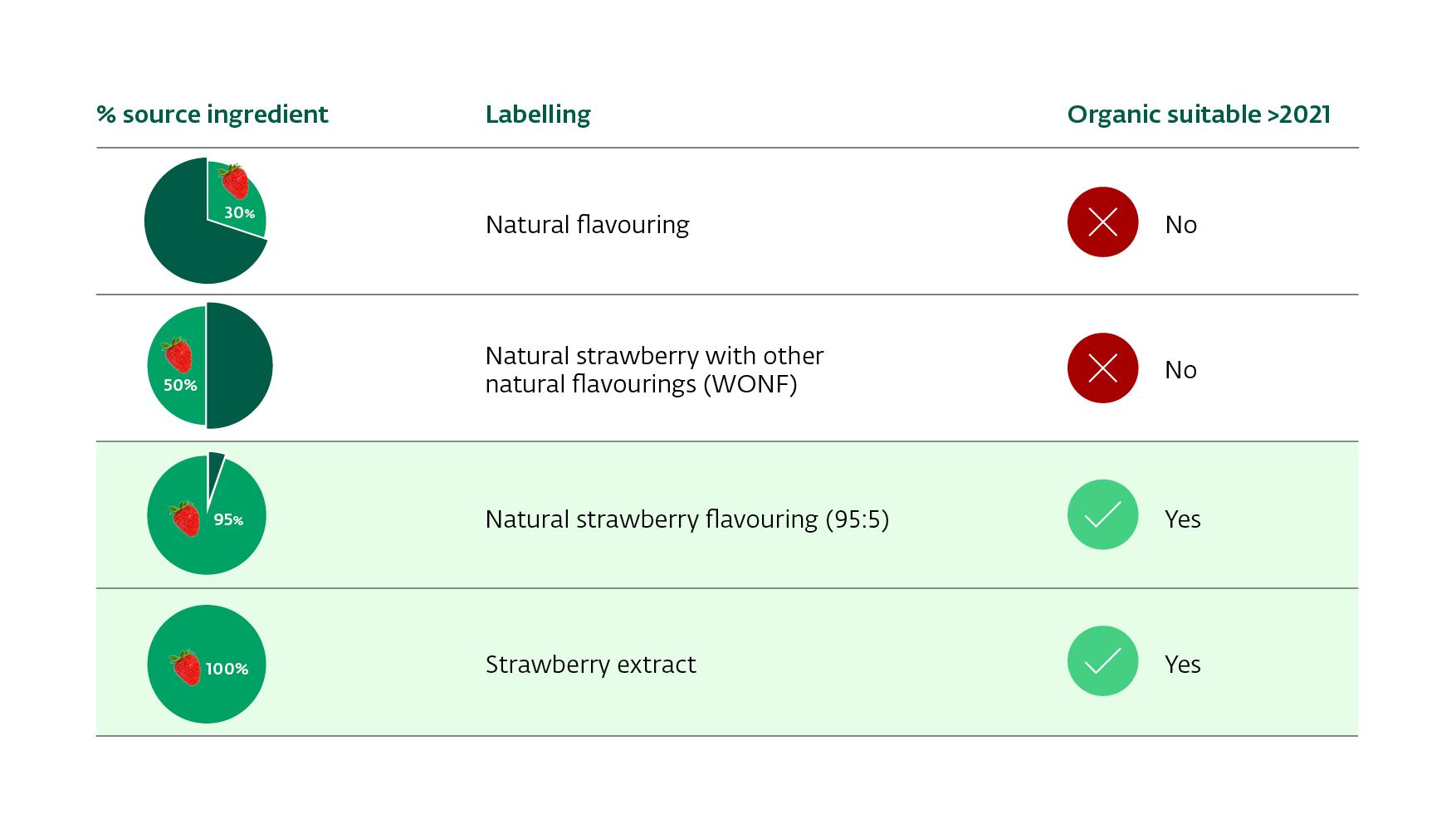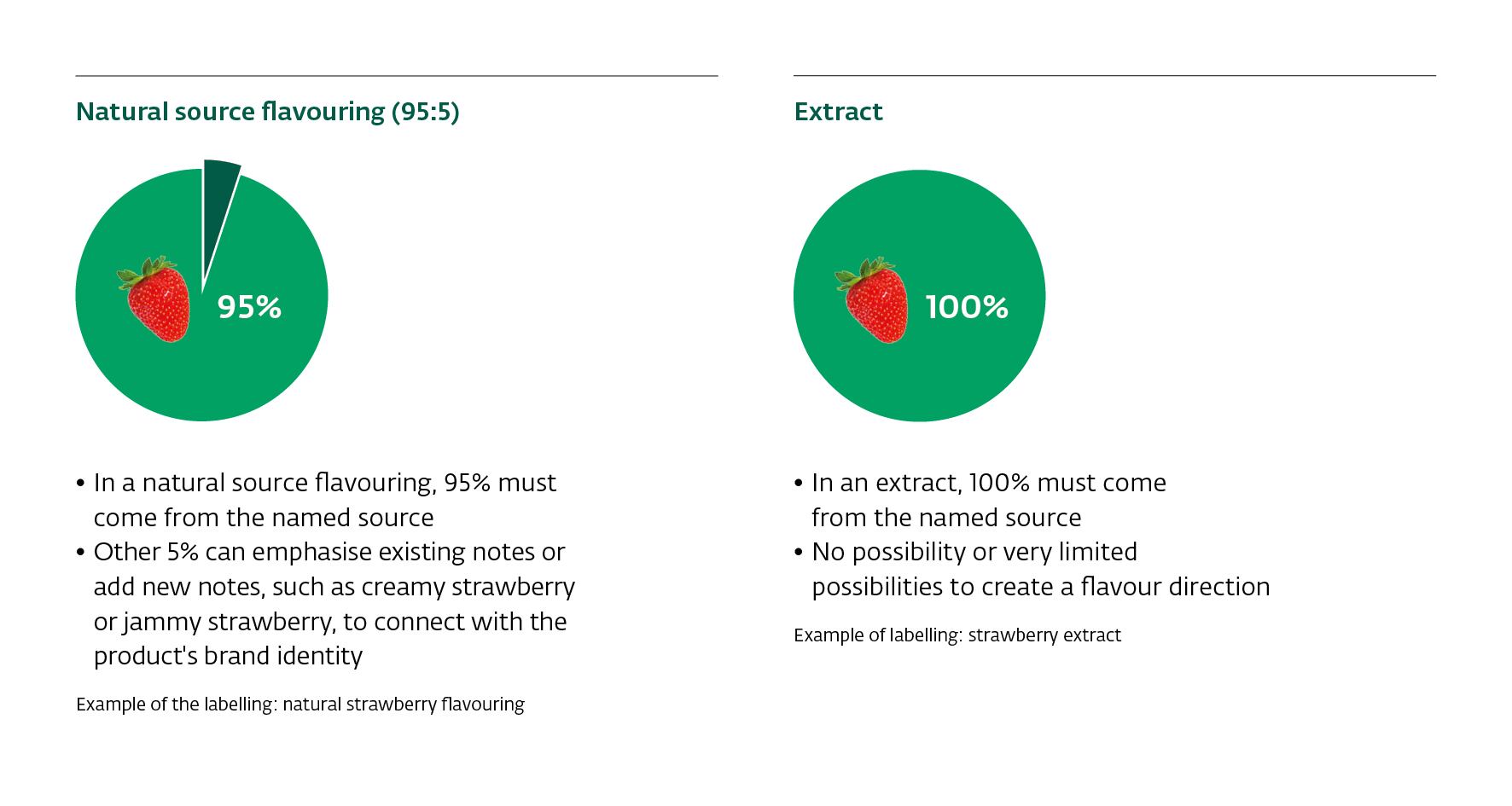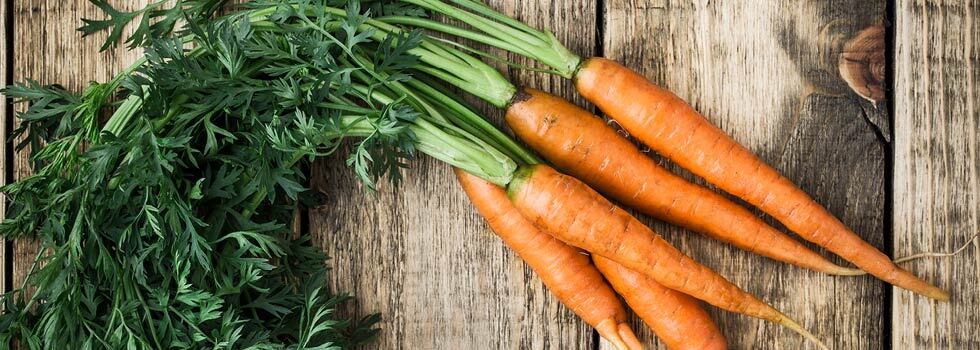Organic products have seen a rise in popularity over recent years as consumers become more conscious about the products they buy, the ingredients they contain and where they came from.
“More and more consumers are concerned about health issues related to pesticides, fertilisers and other chemicals used in farming, as well as ethical environmental practices and animal welfare,” said Doruk Ongan, Head of Regional Innovation, Europe, Africa and Middle East, Givaudan. “All of this is driving the market for organic food and beverages.”
In Europe, the organic food market increased by almost 11% in 2017 and reached €37.3bn according to the Research Institute of Organic Agriculture (FiBL).
What’s more, FMCG gurus’ clean label report 2019, shows the appeal of organic products goes further than avoiding chemicals. In Europe, 64% of consumers believe that natural products taste significantly better and 39% associate ‘organic’ certification with a more ‘natural’ product.
Supermarket shoppers increasingly expect to verify the origin, ingredients and production methods behind their foods and beverages simply by looking at the labels. That means that transparency is key.
EU regulations for organic labelled products
The EU has strict regulations on products that are certified and labelled as ‘organic.’
Organic products must be grown with limited use of artificial fertilisers, herbicides and pesticides. In addition, no genetic modification or ionisation is allowed, any animals involved cannot be given hormones, and the use of antibiotics is strongly restricted.
End products also need to be checked by a certifying body, and at least 95% of the agricultural ingredients need to be organic. Just 5% of the agricultural ingredients may come from non-organic sources.
According to the current organic regulation, all types of natural flavourings are allowed in organic products as they are not regarded as agricultural ingredients and therefore excluded from the 95% calculation.
However, from 2021 these rules are set to change.
How will the rules change for organic flavourings and extracts in 2021?
From 2021, end products containing ‘natural’ flavourings will need to be reformulated in order to keep their ‘organic’ label. The flavourings will need to be either 95:5 flavourings, where the percentage of material derived from a natural named source is 95% or higher, or extracts, where 100% of the flavouring is derived from a natural named source.
Additionally, flavourings will be regarded as agricultural ingredients, so the maximum amount allowed in an organic product will only be 5% of the total agricultural ingredients.


How can companies embrace the changes?
A product’s unique flavour is integral to its brand identity, and when reformulating products, consumers are likely to notice even subtle changes in taste. However, reformulations can also create an opportunity to introduce new flavours and taste profiles or to create new products.
"Companies that need to reformulate should look for experts with both taste and regulatory expertise,” said Doruk Ongan. “Givaudan is here to partner with customers through our wide variety of organic-suitable extracts and flavourings. We can work with customers to co-create a great taste experience—whether that’s matching an existing taste profile or developing a new and unique experience.”








